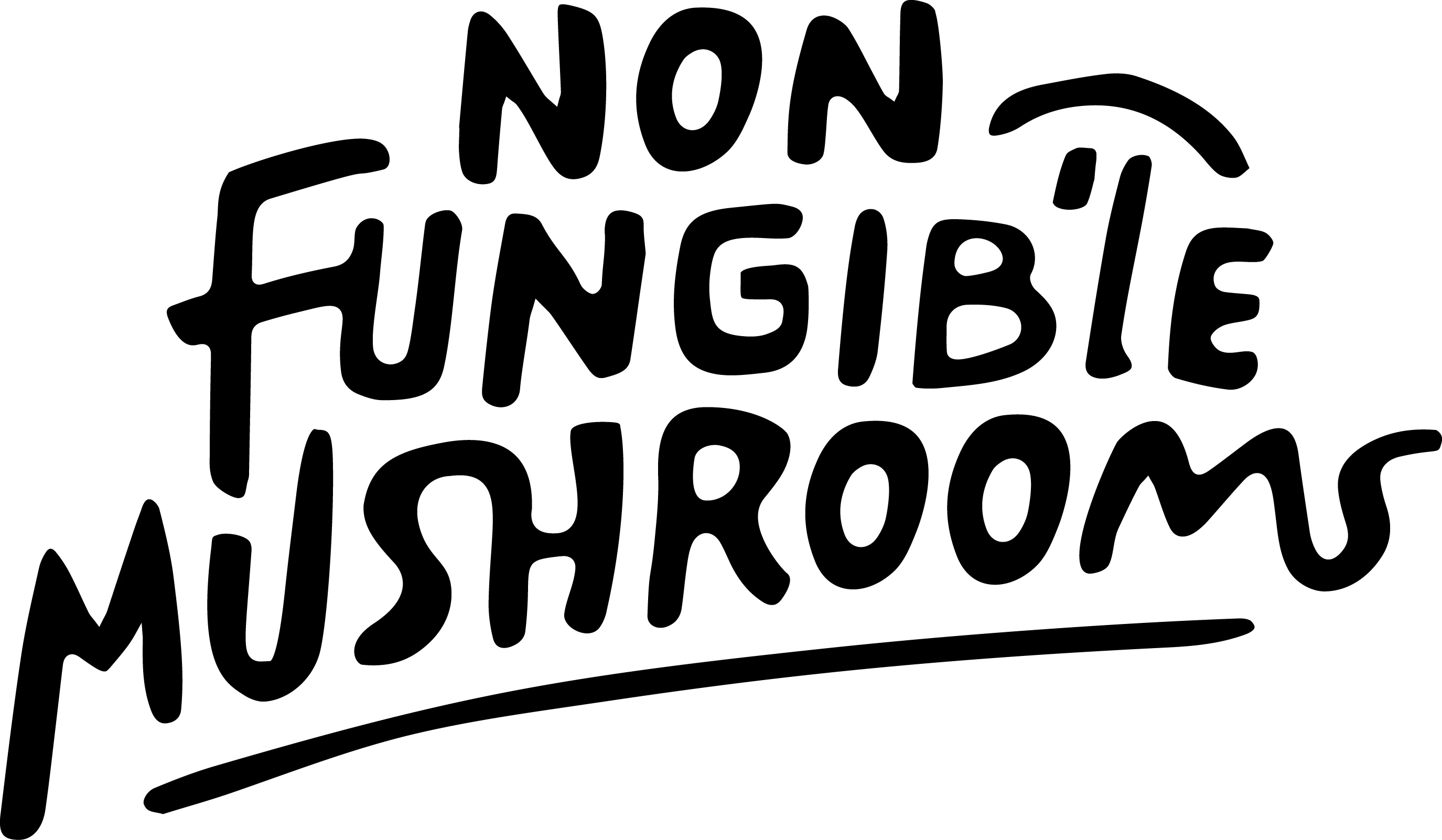

In today’s fast-paced environment, stress is something that has become a part and parcel of daily life. Especially among young adults who are always on the go. With the stress looming over constantly it invites a string of other problems that affect the health and overall wellbeing of a person. Stress releases cortisol which is a silent killer. Cortisol, often referred to as the "stress hormone," plays a vital role in the body's fight-or-flight response. But when it's constantly elevated, it can wreak havoc on a person’s health. It is not all doom and gloom, there is good news. The good news? Nature has some amazing stress-busters in the form of herbs that lower cortisol.
Let's delve into the world of cortisol, explore how it impacts the well-being of a person, and discover the power of these natural allies in moving towards a stress-free life.
Cortisol isn't the enemy – it's actually a crucial hormone produced by the adrenal glands.
When faced with adversity, cortisol kicks in, it provides a person with a surge of energy to deal with the adversity. For example – A person is walking back home alone in the night and hears something that startles them, cortisol sends a jolt of energy through the body to make them more alert, it is basically a flight or fight response that kicks in. However, the problem arises when the body is in a constant state of cortisol release. Traffic jams, work deadlines, and family pressures can all contribute to chronically elevated cortisol levels. This can lead to a cascade of negative health consequences.
The human brain plays a central role in regulating cortisol. The hypothalamus, a tiny structure deep within the brain, acts as the command center. When it perceives stress, it signals the pituitary gland to release a hormone called ACTH (adrenocorticotropic hormone). ACTH then stimulates the adrenal glands to produce cortisol.
Chronically elevated cortisol can manifest in a variety of ways, including:
If you suspect you might have chronically high cortisol levels, there are ways to get a clear picture. Common methods include:
Before diving into the world of herbs, it's important to address the root cause of stress. Here are some key lifestyle changes that can significantly lower cortisol levels
While lifestyle changes are the foundation for managing stress and cortisol levels, herbal supplements can offer a natural, supportive boost. Here, we explore some of the most promising herbs that lower cortisol:
Adaptogens are a special class of herbs known for their ability to help the body adapt to stress. These powerful plants can support your body's natural stress response and potentially lower cortisol levels.
Ashwagandha:

Is an evergreen shrub in the Solanaceae or nightshade family that grows in India, the Middle East, and parts of Africa. Several other species in the genus Withania are morphologically similar. This revered herb in Ayurvedic medicine boasts adaptogenic properties and has shown promise in reducing cortisol levels in studies.
CALM – Mushroom Adaptogen Powder is a great supplement to add to your daily routine to help with stress and anxiety, crafted with high-quality extracts of Ashwagandha, Reishi, and, Cordyceps.

This calming herb has been used for centuries to promote relaxation and sleep. While research on cortisol reduction is ongoing, chamomile tea is a popular choice for unwinding before bed. Important Note: Chamomile may interact with certain medications, so consult your doctor before use.
Is a flower that is traditionally used in Scandinavia and Russia to combat fatigue and stress, Rhodiola has adaptogenic properties and may help regulate cortisol levels, especially during times of acute stress. Discover the power of Rhodiola, Polygala Tenuifolia, and Lion’s Mane extracts through MIND – Mushroom Adaptogen Powder, a supplement that boosts brain functioning and helps relieve mild symptoms of stress and anxiety.
Considered sacred in India, Holy Basil also known as Tulsi is an adaptogen with potential benefits for stress management. Studies suggest it may help lower cortisol levels and improve stress response. Holy Basil can be enjoyed as a tea, taken in capsule form, or even used topically.
This citrusy herb has a long history of use for promoting relaxation and sleep. While more research is needed, some studies suggest lemon balm may have a calming effect and potentially lower cortisol levels.
Maca, a root vegetable native to Peru, has been used for centuries to enhance energy and vitality. Emerging research suggests it may also help regulate cortisol levels and improve stress response in some individuals.
Passionflower is a climbing vine traditionally used to treat anxiety and insomnia. While its effects on cortisol levels require further investigation, its calming properties can be beneficial for stress management. Important Note: Passionflower has sedative properties and may interact with medications. Consult your doctor before use.
Ginseng, a popular herb in traditional Chinese medicine, is known for its adaptogenic properties and potential to boost energy levels. Studies suggest it may also help regulate cortisol levels and improve stress response.
St. John's Wort is a herb with a long history of use for treating mild to moderate depression. While some studies suggest it may affect cortisol levels, it can interact with various medications. Important Note: Consult your doctor before using St. John's Wort, especially if you take any prescription medications.
This amino acid found in green tea is known for its calming properties. L-theanine works by promoting the production of alpha waves in the brain, leading to a state of relaxation without drowsiness. Studies suggest it may also help lower cortisol levels in response to stress.
Ashwagandha and Rhodiola are two of the most researched herbs in terms of adaptogenic herbs.
Caution and Consultation: It's important to remember that herbs can have interactions with medications or underlying health conditions. Always consult with your healthcare provider before starting any new supplements, especially if you have any pre-existing health concerns or are taking medications.
Managing stress and lowering cortisol levels is a multifaceted approach. While herbs that lower cortisol can be a valuable addition to your stress-fighting arsenal, they work best alongside healthy lifestyle modifications. Prioritize sleep, exercise regularly, eat a balanced diet, and cultivate healthy coping mechanisms to manage stress. Remember, creating a personalized plan with your doctor's guidance is key to achieving optimal well-being.
So, take a deep breath, explore the wonderful world of adaptogens through Non-Fungible Mushrooms, and take control of your stress response. Nature's got your back!